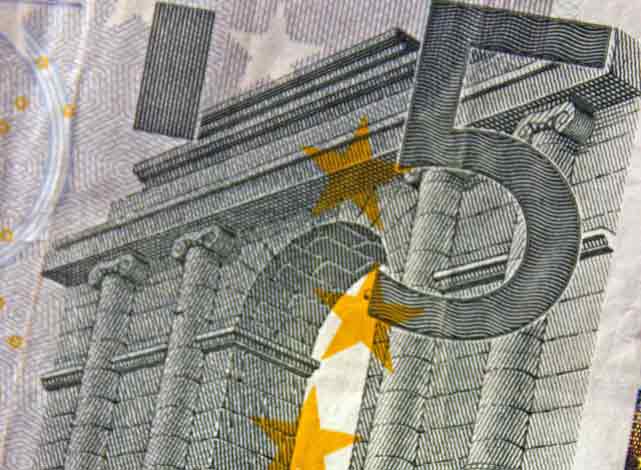
Looking ahead, in addition to being pressured by EU-US trade deal disappointment, the Euro (EUR) may be undermined against the Pound Sterling (GBP) and US Dollar (USD) in mid-week trade by the publication of the Eurozone’s latest GDP figures.
Economists predict the preliminary estimate will report growth in the Eurozone flatlined in the second quarter, potentially raising fresh speculation over future European Central Bank (ECB) interest rate cuts.
In the meantime, the Bank of England’s (BoE) latest consumer credit figures could drag on the Pound on Tuesday if they indicate that households continued to rein in their spending last month.
DAILY RECAP:
The Pound to Euro (GBP/EUR) exchange rate briefly struck a new two-year low on Monday, following the announcement of a new EU-US trade deal.
At the time of writing, the GBP/EUR exchange rate was trading at around €1.1492, up roughly 0.7% from a two-year low of €1.1410 struck earlier in the session.
The Euro (EUR) kicked off the week on a strong footing after the announcement over the weekend that the US and the EU had secured a new trade agreement.
The deal, confirmed during a meeting between US President Donald Trump and European Commission President Ursula von der Leyen in Scotland, imposes a capped 15% tariff on most EU exports, versus the 30% levy Trump had threatened to impose.
However, the euro was unable to consolidate these gains, with the single currency slipping back through the European trading session.
This pullback in EUR came as analysts warned the deal still leaves the EU exposed to higher-than-average trade barriers that are well above their previous levels.
European exporters, particularly in Germany, remain cautious as a 15% tariff still represents a significant cost, dampening the enthusiasm around the deal. Moreover, many key sectors and finer deal details still need to be clarified, limiting the boost to EUR.
The Pound (GBP) trended broadly higher through Monday’s trading session, despite the lack of a clear catalyst for the move.
This raised questions over the suitability of Sterling’s bullish gains, particularly in light of ongoing UK fiscal concerns.
A string of disappointing UK economic releases in recent weeks, couple with a major watering down of the UK government’s welfare reforms has most GBP investors convinced Chancellor Rachel Reeves will need to introduce new tax hikes in the autumn if she is to meet her own fiscal rules.








